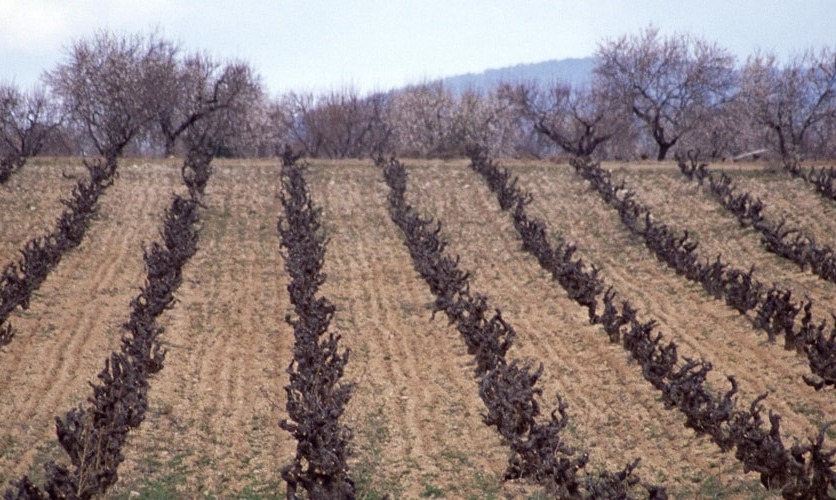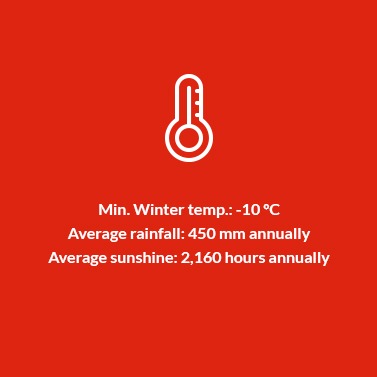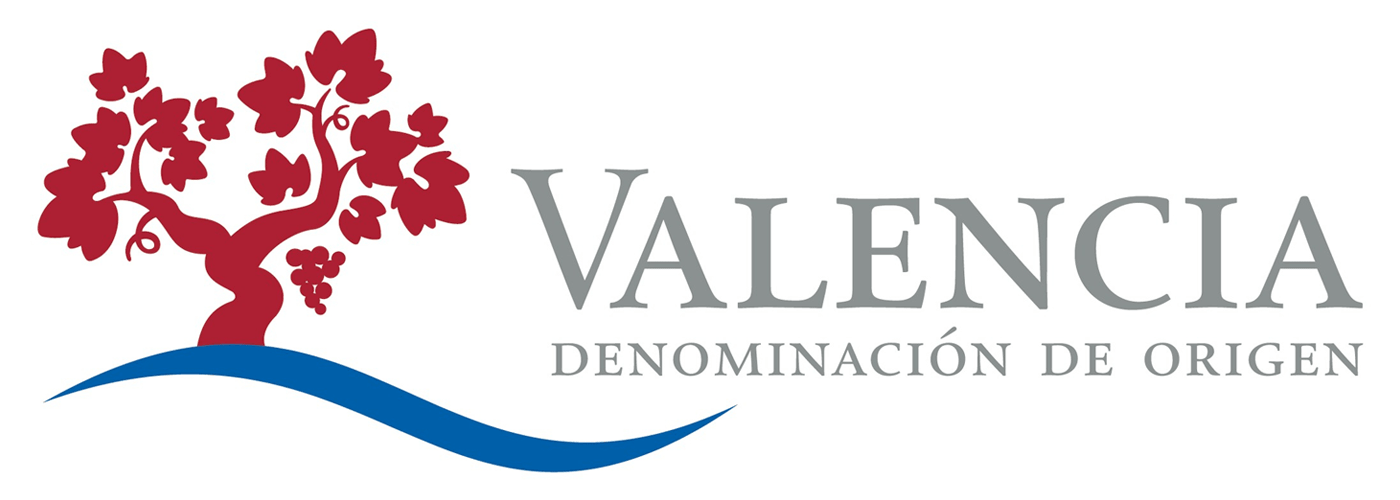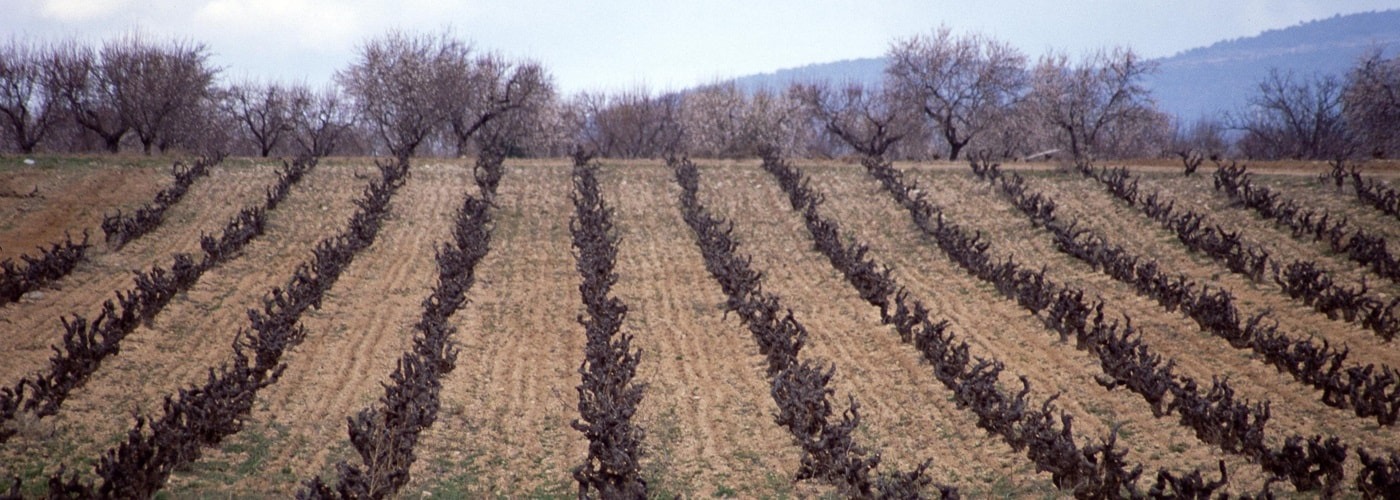18,060 ha.
You are here
Valencia DO


Winemaking in the northern part of Valencia region - spelled València in the local language, is dominated by old growing areas around Valencia, Spain's third largest city.
Their reds, rosés and whites include famed dessert wines from a variety of grapes grown in four distinct subzones. Each has its own wine-making traditions.
Thanks to centuries of export through the city's port, production here is more strongly focussed on markets outside Spain than those at home, which has worked as an impetus to keep quality high throughout the 20th century. A formalised arrangement allows Valencia DO bodegas to buy in wine from neighbouring Utiel-Requena, as needed for each vintage, and permits laboratory methods allowing the wines to be tracked in the bottle.
Regulatory Council
Consejo Regulador DO Valencia
Quart, 22
46001 Valencia
Valencia
Tel.: +34 963 910 096
info@vinovalencia.org
www.vinovalencia.org
Sources
- Spanish Ministry of Agriculture
- Regulatory Council, Valencia PDO
Thanks to centuries of export through the city's port, production here is more strongly focussed on markets outside Spain.


475 m.
Materials formed from tertiary materiales, in general marls and clays, or marl and sandstone and quaternary materials gravel, sand silts, occupying valleys and mountain foothills.
Merseguera, Malvasía, Pedro Ximénez, Moscatel de Alejandría, Gewürztraminer, Pedralba, Planta Nova, Pedro Ximénez, Sauvignon Blanc, Tortosí, Verdejo and Verdil.
Monastrell, Garnacha Tintorera, Garnacha Tinta, Cabernet Sauvignon, Pinot Noir, Merlot, Bobal, Bonicaire, Graciano, Monastrell, Mando, Petit Verdot, Syrah and Tempranillo.
Whites 9,500 kg/ha; Reds 8,000 kg/ha.
74 %
707,394 hl
841,095 hl
491,686 hl








